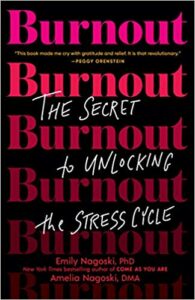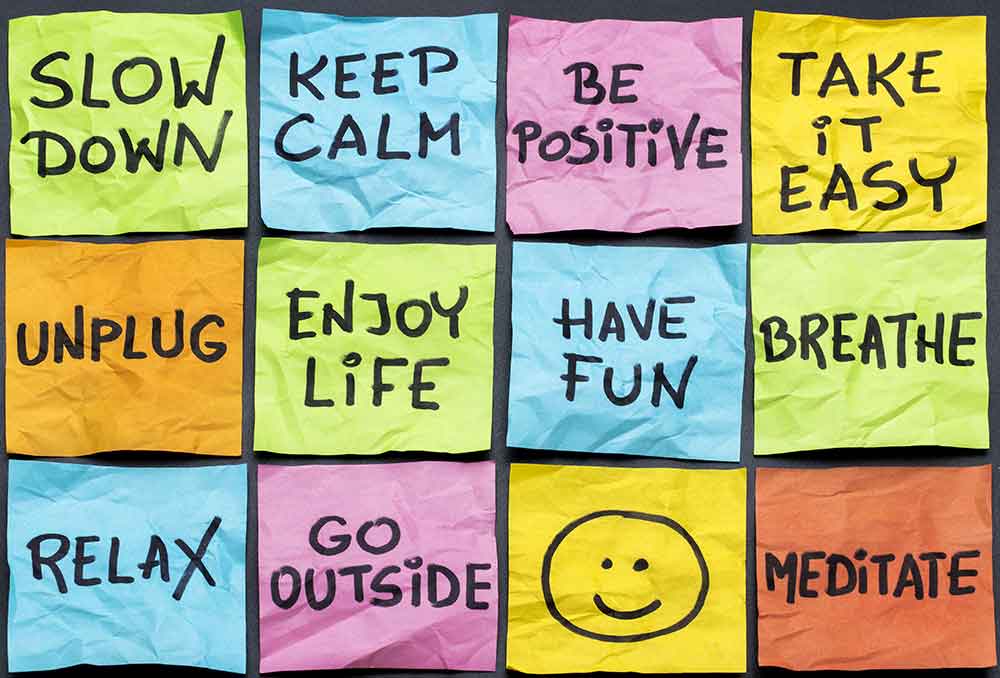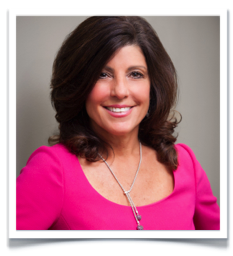UNDERSTANDING YOUR EMOTIONS and HOW TO APPLY EFFECTIVE COPING SKILLS

Suppressing feelings takes an emotional toll and when letting them out may not be a good option, there might be healthier ways to cope.

Making sure you remain your authentic self is the first step by setting appropriate boundaries by asking yourself; “What is okay, and what isn’t okay that works for me?”
HOW TO COPE:
- Name Your Emotions: So many times, we do not know exactly how we are feeling and what is rarely acknowledged is that courage and fear and not mutually exclusive. Most of us feel brave and afraid all day long at the exact same time. When you have a strong emotional reaction to something try and identify what the trigger is and reflect on what is causing the problem instead of unleashing on another person.
- Be Honest with Yourself: Ask yourself, “Is it a good idea to express my feelings all the time?” It is important to develop a greater sense of self-awareness when we want to express our emotions. Assessing a situation is crucial; we can’t assume that others will understand and validate our feelings.
- Be Prepared: If you know you are going to be in an emotionally charged environment it might help to talk to someone about it in advance. Describe your emotions and what might get triggered so you are ready and able to stay calm when there is a difficult moment.
- Change Your Perspective: When we feel threatened, we react by either fighting, freezing, or running away and it takes a few minutes to understand the situation more accurately. Try taking three deep breaths and change your body position first; we also can practice a general statement like; “Wow, you really have strong feelings about that.” We don’t have to agree with others, but it is important to be respectful.
Remember, you do not have to choose between being socially appropriate and your integrity, but you need to make the distinction between feeling your feelings and how you express them.
So many people hold onto a stressful life because they’re too ashamed to admit they’re struggling.
The important work we need to do is get comfortable with our darker emotions. People are addicted to their stress because the alternative is to actually feel our feelings.
Dr. Brené Brown; a research professor from the University of Houston has spent the last two decades studying courage, vulnerability, shame, and empathy.
 Dr. Brown hosts a podcast called Unlocking Us.
Dr. Brown hosts a podcast called Unlocking Us.
I recently listened to her interview with Emily and Amelia Nagoski that blew me away!!!
It was so powerful and I think that everyone would resonate with their book titled; Burn Out and How to Complete the Stress Cycle, especially NOW…
So let me give you a brief review.
ARE YOU BURNED OUT?

THE SECRET TO UNLOCKING THE STRESS CYCLE!
Did you know that the emotions from your whole life are stored inside your body? The last thing human beings WANT to do is turn towards their difficult emotions, yet it is the VERY thing that frees us from suffering.
Herbert Freudenberger was the first psychologist to describe the symptoms of burnout and used three main criteria:
- Emotional Exhaustion: The fatigue from caring too much and for too long.
- Decreased Sense of Accomplishment: Feeling like nothing you do makes any difference.
- Depersonalization: Depletion of being able to have empathy, caring, and compassion for others.
Emotional exhaustion causes havoc on our health, work, and especially our relationships with others. Emotions are a REAL thing! Studies have proven that emotions are cycles in our bodies that are neurological events (which means it happens in our whole CNS not just our brains).
Emotions are an involuntary response that has a beginning, a middle, and an end. The authors describe our feelings like a tunnel and how we need to go all the way through to get to the other end or we store the emotions in our bodies.
Exhaustion happens when we get STUCK in the emotion! Why?

We are constantly being exposed to situations that activate our emotions and we feel trapped in a stressful job, family issues, or personal relationships. When we get stuck, we feel frustration, grief, despair, and helplessness so difficult that we are unable to move through the tunnel alone.
Usually, we are told to move on, the problem is fixed and we are taught to believe that our feelings should be over, the situation is done and no one wants to hear about it anymore! So, we say to ourselves… “I must behave emotionally… I need to stop expressing my feelings.” but this is where the trouble starts and grows even bigger!
The only way out sometimes it to bury it until we find someone safe to share how we are feeling so we are able to complete the stress cycle.
One of the most important things I learned was when we remove the stressors it does NOT mean the stress cycle is complete.
Staying in chronic stress causes heart failure, digestive problems, and many other health issues. The only way out of this is to do something with your body that signals you are safe or you will stay in a state where the neurochemicals are left inside of you causing future damage.
The good news is that you don’t have to wait for all the stressors to go away to feel better!
Remember it is the STRESS itself that will kill you faster than the stressors will unless you complete the stress cycle. While you are managing your daily stressors your body is managing your stress. Throughout the book these authors have cited several resources and studies that produced some ideas to feel better and cope with stress:
- Physical Activity: Any Kind!! If your stress level outpaces your resources you have available it WILL keep you accountable!
- Breathing: This regulates our CNS… just trying to focus for 90 seconds is a great start!
- Positive Social Interaction: When your body feels safe and where you can be yourself.
- Laughter: Not socially posed, not fake but a gut-busting laugh that can’t be controlled.
- Affection: A safe and trusting way to help your body express emotion like hugging…
- Crying: Dealing with the stress by being able to cry physically and not think about the thoughts that invoked the emotion.
- Creative Expression: Whatever is inside of you that you want to put out into the world. Doing something that inspires you! Carrie Fisher said: “Take your broken heart and turn it into art.” I loved that!

All of us need to care for each other and value each human being to learn about what that means for them.
Stress isn’t the problem; it is the strategies we have been using to deal with our stressors!
I may have oversimplified some very important concepts from this fantastic book, but I have already seen a difference since implementing some of their techniques and hope you feel it may help you!
The goal isn’t to see what is at the end of the rainbow…. It is just being able to SEE the rainbow!! During these difficult times please remember you are NOT alone!!

Maria Bucci, M.Ed LPC DWC-F. Daring Way Facilitator by Dr. Brené Brown


Leave a Reply